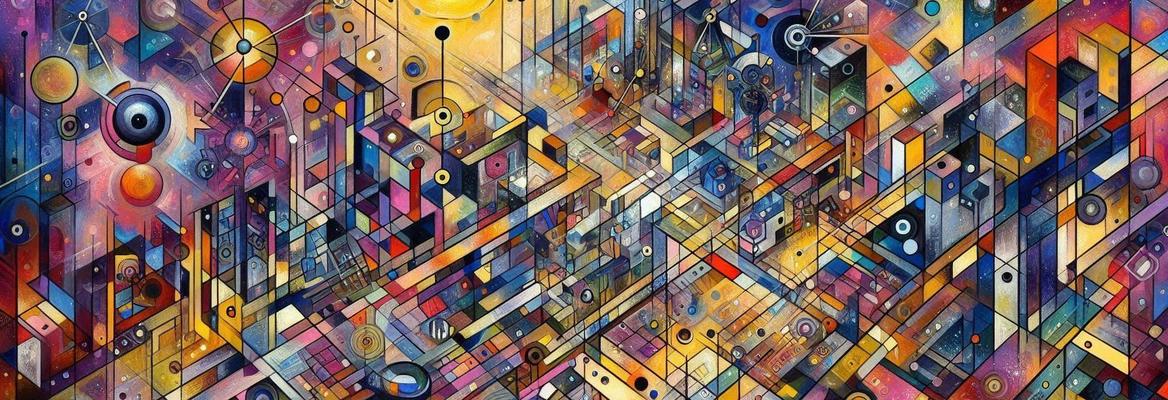Philosophy has a long tradition of rejecting those who claim to know the objective truth. But in an age of disinformation, philosopher Lee McIntyre argues that understanding truth and reality is more critical than ever. In this interview, with Omari Edwards contributing editor of IAI News, they delve into the complex nature of truth, the misuse of doubt, and the vital role philosophers must play in public discourse to combat propaganda and promote clarity.
“If everybody always lies to you, the consequence is not that you believe the lies, but rather that nobody believes anything any longer.” – Hannah Arendt
In a world where the boundaries between truth and falsehood blur under the weight of disinformation, the quest for reality has never been more critical — or more contentious. Philosophers, however, have been caught with their pants down. Whilst many argued vehemently against the postmodernists and tried to save truth from the critiques of perspectivalism and bias, our tradition was unable to show that objective truth wasn’t a fantasy. As Lee McIntyre puts it, “We have left our weapons on the battlefield, we should not be surprised our enemies have now turned them on us”. In my interview with Lee on his latest award-winning books, Post Truth and On Disinformation, we debate the role of truth, philosophy and the public sphere.
The most important philosophical question I want to ask you is the one philosophers have struggled with since Socrates: what is truth and how do we know when we have it?
Starting off with an easy one. I think that the lay public and even many philosophers often get mixed up between questions of ontology and epistemology. Is there a way that the world is vs can we know how the world is. There are lots of interesting philosophical detours on the question of whether things really exist when we aren’t looking at them. We could have a lot of fun questioning the merits of Berkelian idealism, and challenging the commonly held assumption that there is a way that the world just is. But the question which matters, and the one I try and address in my work, is showing how we can know it. Especially in a time when truth is being attacked in bad faith. That is not by other philosophers, or other humanists or critical theorists or whoever they might be, but rather those pursuing it for some political means. In that sort of era, I am a very strong defender of the notion of truth. I’ve not abandoned all the lessons I learnt in my epistemology seminars but we are disserved if we abandon the search for truth.
___
Questioning authority was the whole point of Socrates. The first lesson philosophy should teach us is to avoid hubris.
___
In Post Truth, you put a lot of the blame for the current political conversation currently being had on the shoulders of Critical Schools, English Literature departments and postmodern tradition. But the lack of certainty in the sciences and the notion of objective truth also comes from empiricism and pragmatist traditions, that we will always be left with the problems of language and mind which cannot be overcome?





















Join the conversation